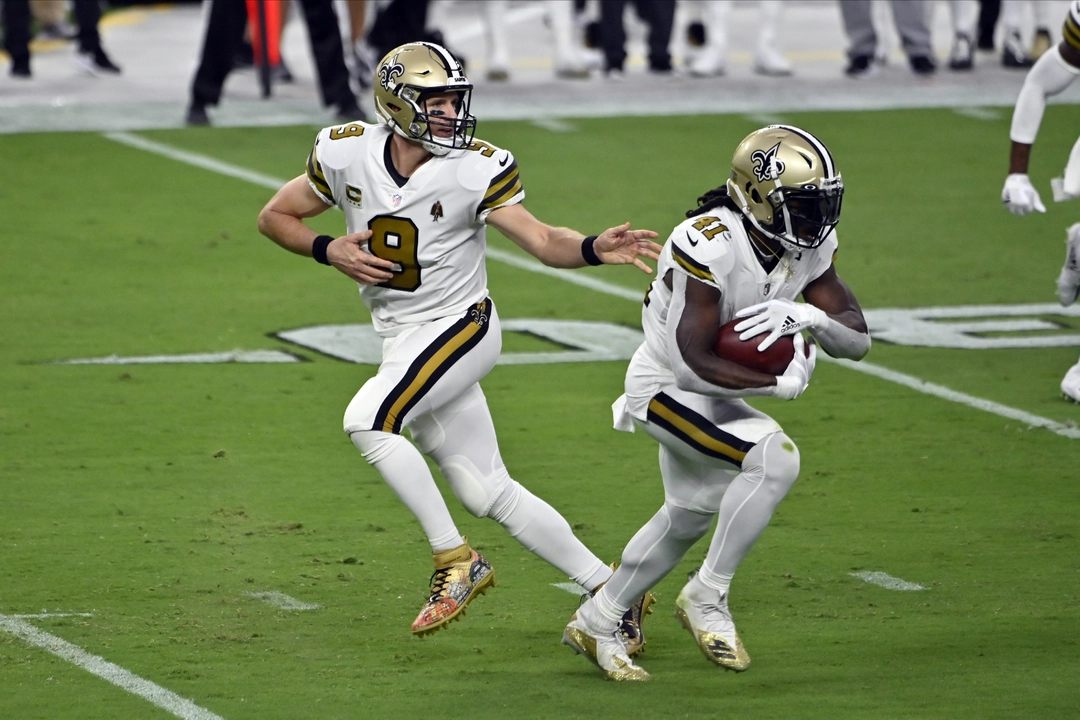Game Time – Your Guide to Sports Timing and Coverage
When you hear Game Time, the exact moment a sports match starts, pauses, or finishes. Also known as match timing, it tells fans when to tune in, helps broadcasters plan slots, and lets teams fine‑tune preparations. In short, Game Time is the heartbeat of every sporting event.
One of the biggest companions of Game Time is the sports schedule, a calendar that outlines dates, times and venues for upcoming games. A reliable schedule needs accurate timing data, and it feeds directly into ticket sales, travel plans, and media coverage. Without a solid schedule, fans would miss out and leagues would lose revenue.
Think about team sports, organized competitions where groups of players work together toward a common goal. Whether it’s football, baseball or basketball, every team sport depends on precise Game Time to synchronize strategies, substitutions and training cycles. The timing of a kickoff can dictate a team’s rhythm for the whole season.
Speaking of football, this sport illustrates how Game Time can shape a whole industry. football, a global game played with a ball and two teams aiming to score goals often sets prime‑time TV slots, drives advertising rates, and influences stadium staffing. A delayed start can ripple through the broadcast schedule and affect next‑day news cycles.
Baseball offers a different timing challenge. Unlike football’s 90‑minute burst, baseball stretches over nine innings and can last several hours. The sport’s baseball, a bat‑and‑ball game popular in the US, Japan, Cuba and the Dominican Republic relies on flexible Game Time to accommodate rain delays and extra‑innings, which keeps fans on edge and creates dramatic storylines.
All these examples show why Game Time requires solid sports analysis. Analysts study past start times, crowd patterns, and weather forecasts to predict the most effective kickoff windows. Their insights help leagues avoid clashes with other major events and maximize viewership.
Another piece of the puzzle is sports news. Reporters track Game Time changes in real time, updating fans about delays, rescheduling, and last‑minute line‑up shifts. Accurate news feeds keep supporters informed and preserve trust in the sport’s organization.
Beyond the big leagues, local clubs also depend on Game Time for event timing. Community tournaments, youth leagues, and charity matches all schedule around school hours, public transport, and venue availability. Getting that timing right can boost participation and community spirit.
Finally, fan engagement hinges on clear Game Time communication. Social media alerts, app notifications, and stadium signage all converge to let supporters know exactly when to arrive, what to wear, and how to celebrate. When timing is spot on, the fan experience turns from ordinary to unforgettable.
Below you’ll find a curated mix of articles that dive deeper into these topics—from the quirks of NFL practice weeks to the debate over showboating in pro sports, and from the luck factor in team games to the toughest Hall of Fame inductions. Each piece adds a layer to the bigger picture of how Game Time shapes the world of sports.
The witching hour in the context of NFL Sunday refers to the critical time period during the late afternoon games, typically around 3:00-4:00 PM ET. In these pivotal moments, games often take unexpected turns, with dramatic comebacks and nail-biting finishes. As a passionate NFL fan, I always eagerly anticipate this intense hour, which often leaves me on the edge of my seat! The term "witching hour" originates from folklore, describing a time when supernatural events occur, adding an air of mystique to these thrilling game moments. Trust me, if you're an NFL fan, you won't want to miss the excitement and surprises that the witching hour brings each Sunday!
Latest Posts
Fed Makes Emergency Rate Cut Amid COVID-19 Panic, Experts Doubt It Can Fix Supply-Demand Crisis
Nov 28 2025
 Sports News
Sports News